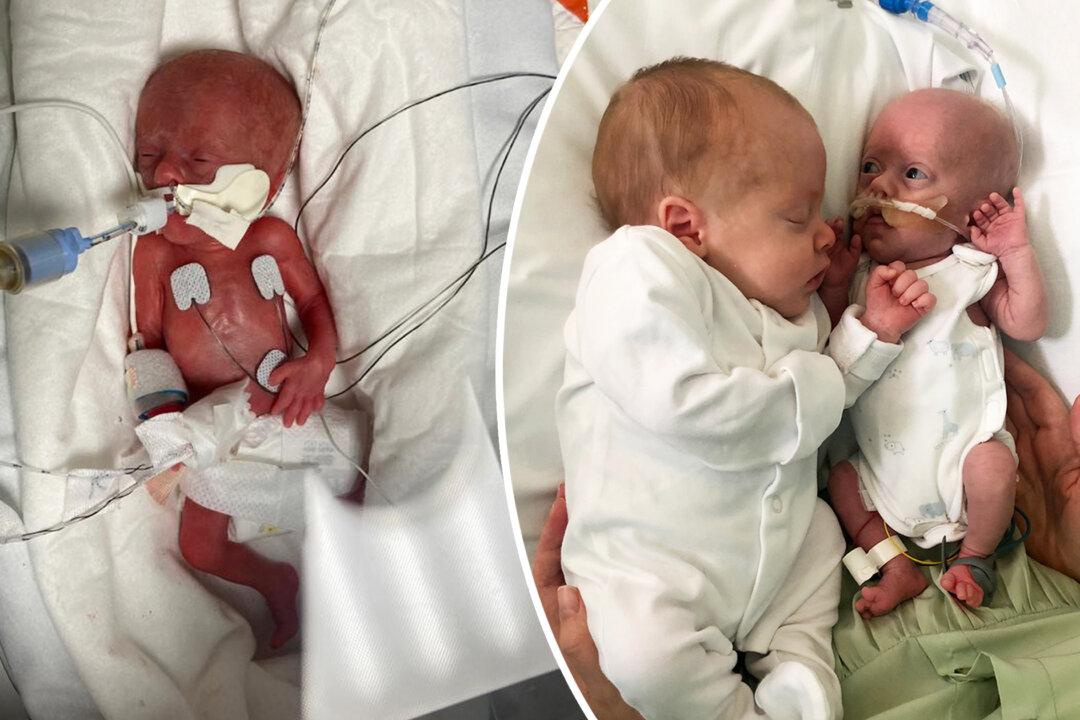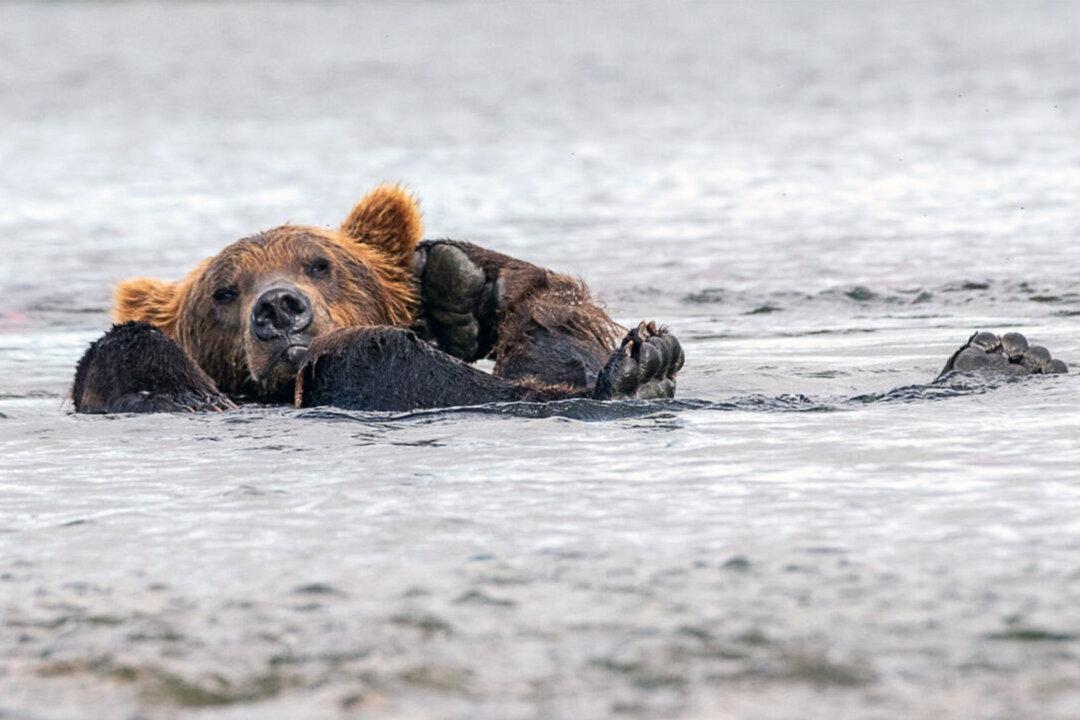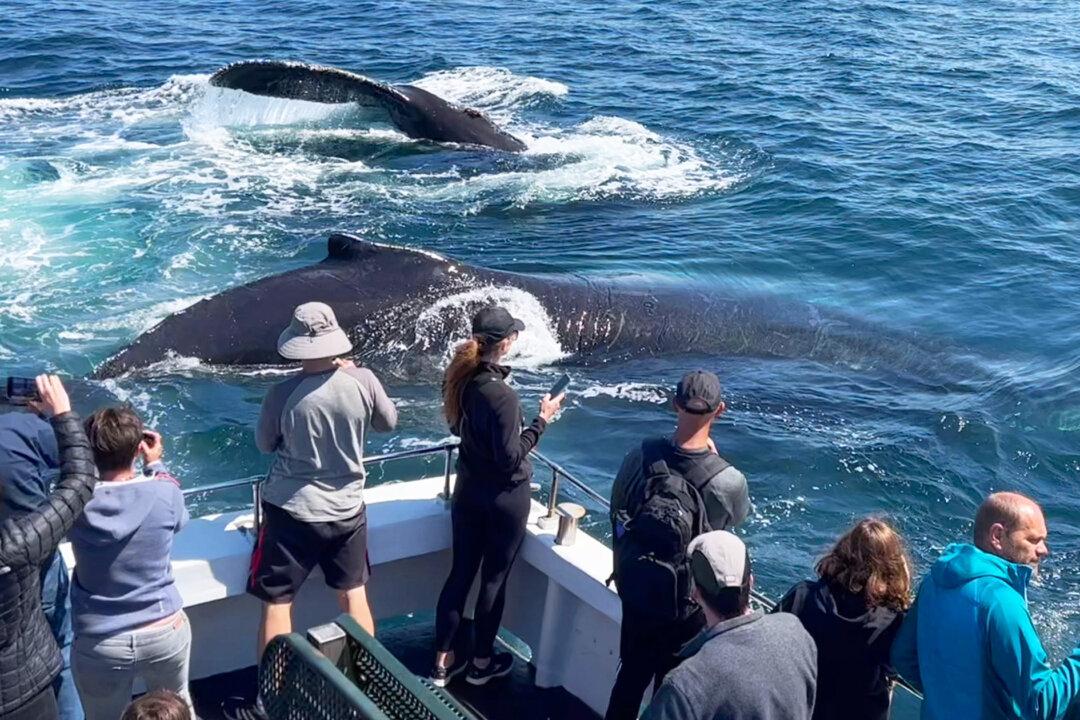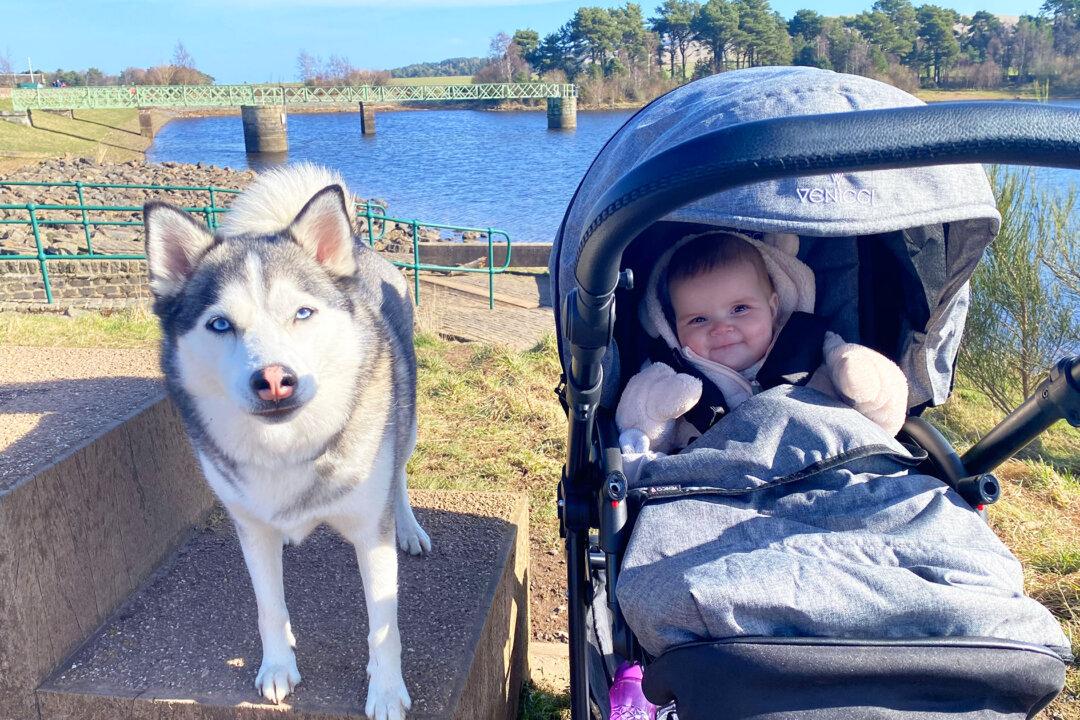Parents of identical twins have hailed the unbreakable bond between their sons, stating that the cuddles from one son are helping the other son who was born weighing 1 pound (0.45 kg) to continue thriving.
Chester Graves was born prematurely at 28 weeks on July 15 this year, weighing 1 pound 1 ounce, alongside his brother, Otis, who was three times the size at 3 pounds 7 ounces (1.56 kg).





